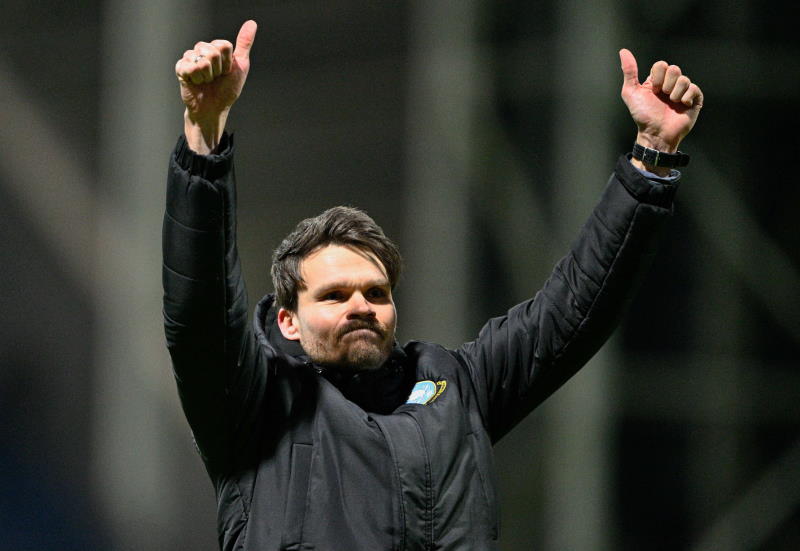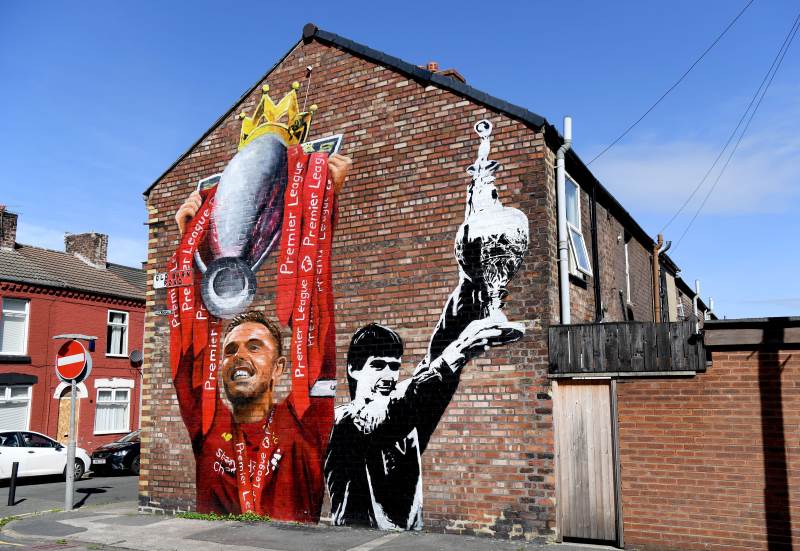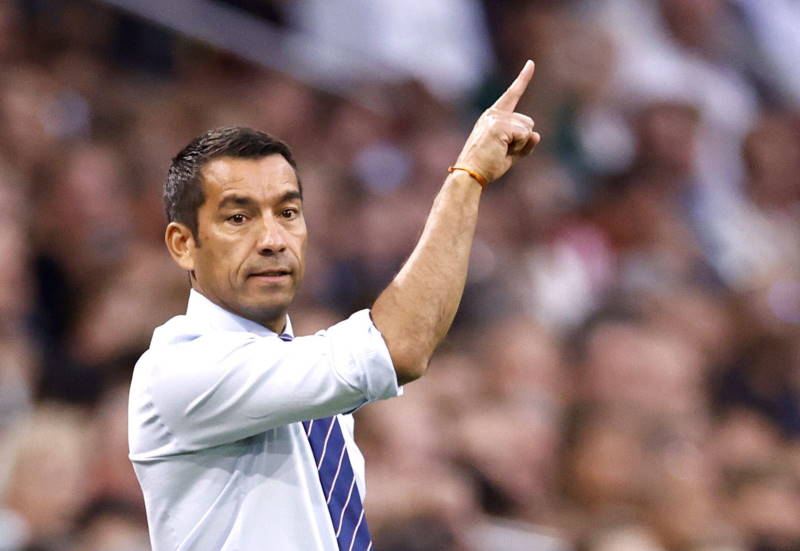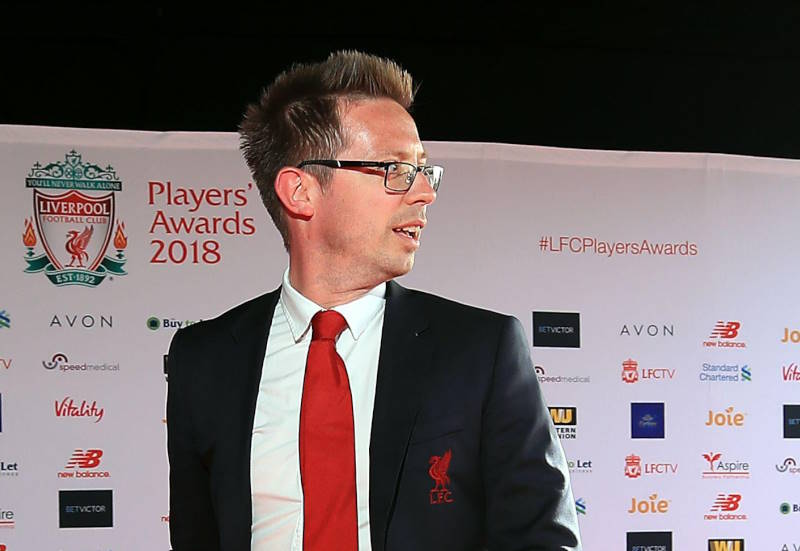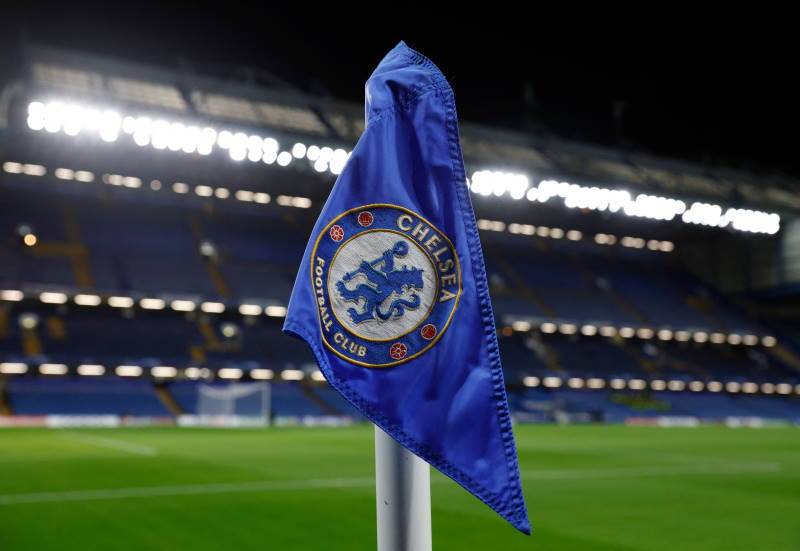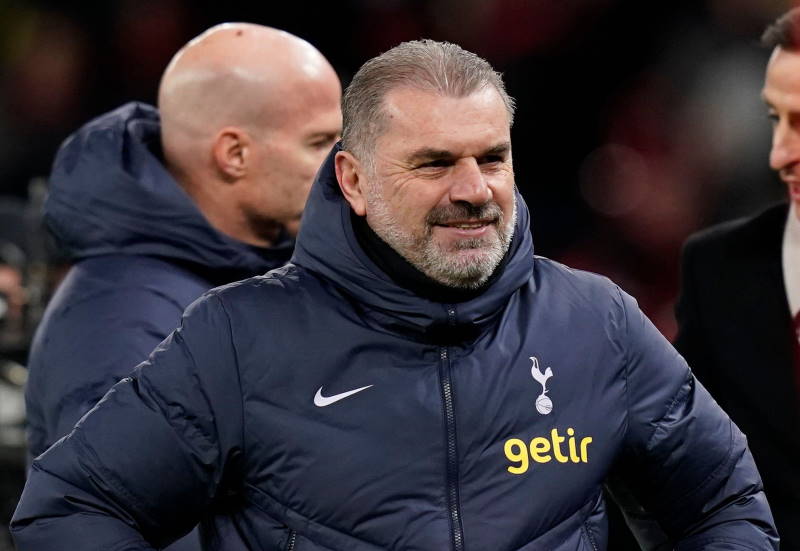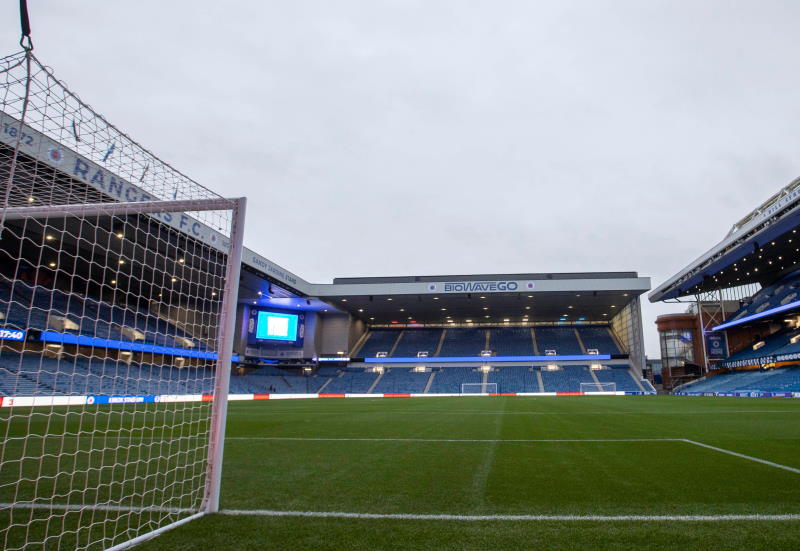Ben Somerford
About a fortnight ago, on the final day of the 2008 Chinese Super League season, Shandong Luneng were dramatically crowned the champions of China, but behind the winners it was a familiar story for serial-runners-up Shanghai Shenhua.
Shenhua, or the Blue Devils as they are known by fans, have a history of falling short and when you consider during the club’s brief 15 year history (they have finished as runners-up in the Chinese top flight eight times), you begin to realise it isn’t only a case of bad luck.
Heading into the final day of the 2008 season, Shenhua trailed Shandong by two points and could leapfrog their rivals and win the championship if they won and Shandong didn’t.
Both sides would be playing at home against mid-table sides in their respective fixtures, with Shenhua facing Zhejiang Lucheng while Shandong hosted Guangzhou Yiyao.
Shandong with their two point advantage coming into the game were favourites to take the title.
But it wouldn’t be easy going for the Jinan-based club as they were frustratingly held goalless by Guangzhou in the first-half of the contest.
Elsewhere, with the games played simultaneously, Shenhua had taken an early lead against Zhejiang only to surrender that advantage before scoring again minutes before the break to lead 2-1 at half-time.
If the results stayed the way they were, Shenhua would claim the title.
For the Blue Devils, a club who have come so close so many times, it was a great opportunity.
But as former Shenhua coach Wu Jingui explained, “The team tends to make mistakes at critical moments.”
Indeed, Shenhua would make those ‘mistakes’ during those ‘critical moments’.
With Shandong’s match remaining deadlocked, the pressure increased on Shenhua and they began to feel it in the second-half. Shanghai’s former English Premier League star Hamilton Ricard missed a penalty before the Blue Devils wilted under the pressure to concede with around quarter of an hour to go, as Tang Yang equalised for Zhejiang.
Both games would end that way, as Shandong claimed the title despite being held to a goalless draw at home. For Shenhua, it was another disappointing runners-up finish for the club that hadn’t won the league title since 2003.
Unfortunately, Shenhua will know coming second is something which has occurred all too often in Shanghai. And it isn’t because of a shortage of resources, as the club are a Chinese powerhouse with strong financial backing from owner Zhu Jun along with big companies like Shanghai SVA Group, SMEG and Huangpu Investment Ltd.
Indeed, the club’s financial power has afforded it several high profile players including internationals such as Costa Rica’s Erick Scott, Colombian Hamilton Ricard and Honduran Emil Martínez along with Chinese national team members including Sun Xiang, Du Wei, Mao Jianqing and Xiao Zhanbo.
Wu Jingui, who coached the club recently before having to leave his post due to health problems, argues, “Shenhua takes the lead but doesn’t know how to keep it. It has been a problem for the team for years.”
Indeed, Shenhua’s problems have been occurring for a lengthy period of time as their history suggests, with runners-up finishes in the old Jia-A League in 1996, 1997, 1998, 2000 and 2001. It should be noted, they did manage to win the title in 1995 and 2003 but the story doesn’t get any brighter in the new Chinese Super League, as the Blue Devils have fallen short again in 2005 and 2006 along with their latest failure in 2008.
So perhaps you could say it is in the very nature of the club to not be able to handle pressure.
Indeed, a fine indicator of that point is the club’s fortunes in the top level AFC Champions League.
Being a powerhouse club who continually finishes near the top of the Chinese top flight, Shenhua have qualified many times for the continental competition, but have struggled to handle the pressure of high-class football.
No more is proof of that point evident than during the 2007 AFC Champions League when they were in a group along with Japanese giants Urawa Red Diamonds, Australian glamour club Sydney FC and Indonesian side Persik Kediri.
What seemed a difficult group on paper proved too much for Shenhua who capitulated in the tournament losing their first three games.
But once they were out of the running in the tournament and with the pressure off, Shenhua’s fortunes turned around dramatically as they finished off the group stage with draws against eventual Asian champions Urawa and Sydney before a 6-0 rout of Persik.
Indeed, it is a peculiar club which is struggling to mature into the beast it could be.
Shenhua, which means ‘flower of Shanghai’ in Chinese, is a club wanting to spawn into something greater but it can not find a way to shake off its fragile past.
Following the 2008 season’s final day failure, Shenhua owner Zhu Jun philosophically commented, "Our players tried their best today and did well the whole season." Perhaps Zhu Jun is in denial because for a club with so much financial might and muscle, their best shouldn’t be second.
How China’s perennial underachievers should try to resolve their recurring problems is a difficult question to answer. It seems Wu Jingui is right that Shenhua tend to make mistakes at critical moments and have been doing so for years.
Maybe they need to acknowledge there is a problem first, and in the modern sporting culture of club psychologists, therapists and psychiatrists who knows what lengths Shenhua’s big backers might go to in order to fix the club’s ingrained mental fragility.
For now though, they’ll have several months to mull over it before the 2009 Chinese Super League begins again in March.

